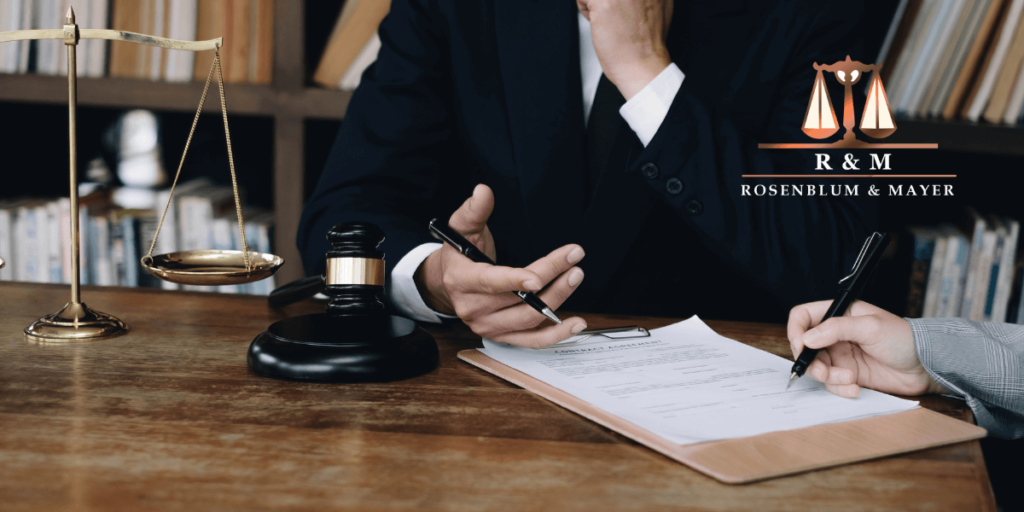If you’ve never gone through a lawsuit, the word “deposition” may sound quite daunting. A deposition is a key stage in the legal process when going through a personal injury lawsuit where the opposing attorney questions a witness or party to the lawsuit while they are under oath. While a deposition may seem intimidating, you don’t have to do it alone – an experienced personal injury attorney should be on your side and help you prepare to ensure an optimal outcome. Here are some key things to know about depositions in Florida personal injury cases so that you can approach the process with peace of mind.
What is a deposition?
First, let’s quickly outline what a deposition is. A deposition in Florida typically happens during the discovery phase of a lawsuit involving an accident, such as in the case of a car accident. It doesn’t happen in court, but usually in an attorney’s office while under oath with a court reporter in attendance. A deposition is meant to give both sides and their legal representation an opportunity to gather and evaluate information from each other. In personal injury lawsuits, depositions will usually cover:
- Your background
- How the accident happened
- The severity of your injuries
The deposition process
Depositions are performed out of court but with a court reporter present. During a deposition, the opposing attorney will ask you questions, and your attorney can raise objections to any questions that could be deemed irrelevant or improper. Your attorney will help you prepare for the line of questioning and guide you through the process. Some questions that the opposing side may ask will probably center around:
- The events leading up to the injury or accident
- Your personal education, background, and employment history
- The injury or accident itself
- What you’ve done and will require for medical treatment and recovery
- How the injury has impacted your life, including your ability to perform daily tasks or work
Rules to follow when giving a deposition
Here are some basic guidelines to approach the process with:
- Prepare thoroughly: Before the deposition, your attorney should schedule a meeting (or two) to review the facts of the case, go over any documents or evidence, and evaluate any potential questions you may be asked. Take the preparation process seriously, and do your homework, because it could end up being the make-or-break in recovering the maximum compensation for your case.
- Dress to make a good impression: Avoid distracting jewelry, designs, or bright colors and stick to serious business attire.
- Avoid volunteering information: Always answer the questions accurately and truthfully, but don’t add anything they didn’t ask you about.
- Remain courteous and respectful: Answer each question honestly and to the best of your ability. Be respectful, and ask for a break if you need one or for clarification if necessary.
Trust Rosenblum & Mayer
Having a trustworthy personal injury attorney guide you during the deposition is essential. Our attorneys have the experience to ensure a fair and relevant line of questioning and will help you navigate the deposition for an optimal outcome. Call Rosenblum & Mayer to speak with an experienced Florida personal injury attorney today.

